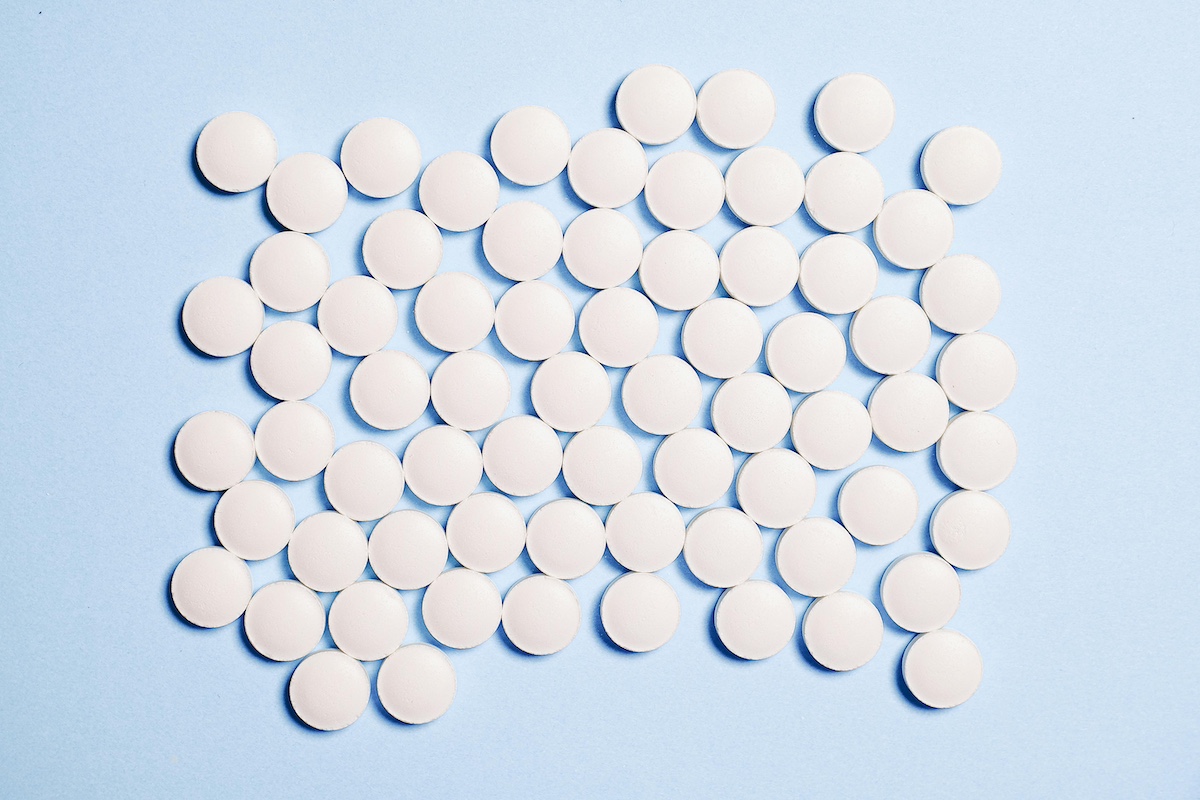This may not be exactly in your wheelhouse, but I am a 45-year-old nonbinary AFAB (assigned female at birth) person who is taking testosterone to transition to a more masculine appearance. I cannot find anything out there about what to expect as I get into the peri- and menopause years. Perhaps complicating things further, I’m preparing to have my uterus and tubes removed, while leaving ovaries in case I decide to stop testosterone. Obviously menstruation is (for me, happily) not a concern, but do you have any info or thoughts about what I might brace for?
—They/Them and Loving It … But Now What?
This is solidly in my wheelhouse! Endocrinologists are typically the doctors who manage hormone therapy for nonbinary and transgender individuals.
In approaching this question, let’s first remember what causes perimenopausal symptoms in females. Follicle-stimulating hormone (FSH) from the pituitary gland is turned up to try to get the ovaries to ovulate; this results in higher estrogen levels at some times and lower estrogen levels at others. It is the rise and fall in estrogen levels that is largely responsible for hot flushes, night sweats, and sleep disruption.
In individuals assigned female at birth taking testosterone, blood levels of testosterone are more similar to those of males. The pituitary gland senses this testosterone level and stops making FSH. Without FSH, the ovaries don’t mature an egg or make estrogen and progesterone. They will have small amounts of estrogen just as males do. The estrogen comes from converting a small amount of testosterone to estrogen, and it is important for bone health.

As long as you continue taking testosterone, testosterone and estrogen levels will remain stable and you will likely remain symptom-free. If you choose to stop testosterone, the levels of both testosterone and estrogen will drop precipitously. This precipitous drop often triggers symptoms like hot flushes and night sweats.
Subsequently, the pituitary senses that drop and starts making FSH again. If you are premenopausal, the ovaries, which were quiet while the testosterone was present, will start making estrogen and progesterone again, and you can experience all the symptoms typical to pre- or perimenopausal females. If you are postmenopausal at the time the testosterone is stopped, FSH will rise but estrogen and progesterone will remain low, and you may not have further symptoms after the initial drop.
The upshot: Individuals assigned female at birth and taking testosterone will have stable blood levels of testosterone and estrogen. As a result, they would not likely experience perimenopausal symptoms as long as they remained on testosterone.
Community Guidelines
















Log in
Thanks Gillian! I know you often recommend considering hormone replacement therapy, typically in the form of birth control pills, as one way to mitigate peri/menopause symptoms. Does this mean that testosterone supplements would be another viable form hormone replacement therapy?